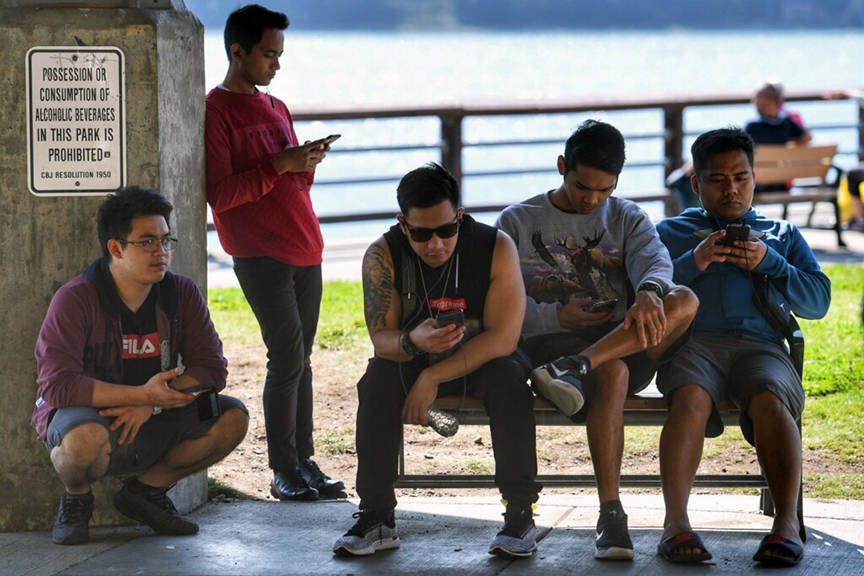Gov. Mike Dunleavy signed a bill repealing a number of telecoms regulations at a closed-door event in Anchorage, Thursday.
While the Legislature passed Senate Bill 83 with bi-partisan support, and it was approved by the Regulatory Commission of Alaska, one Juneau lawmaker had misgivings about a specific part of the bill.
“Most of SB 83 was just fine,” said Sen. Jesse Kiehl, D-Juneau. “What was most concerning to me was called ‘carrier of last resort.’”
Carrier of last resort was a regulation created “to make sure that no Alaskan who lived in an area that could get phone service was left without phone service,” Kiehl said.
SB 83 removed that provision from state law and didn’t provide an effective replacement, Kiehl said.
In an analysis from the bill’s sponsor, the late Sen. Chris Birch, R-Anchorage, “a carrier of last resort is a telecommunications company that commits (or is required by existing regulation) to provide service to any customer in a service area that requests it, even if serving that customer would not be economically viable at prevailing rates.”
SB 83 states that the RCA commission may not designate a carrier of last resort. Kiehl tried to introduce an amendment that would’ve removed the word “not” from the legislation, but that effort failed.
“With this bill we don’t have enough protection for small, remote communities,” Kiehl said.
But the bill’s advocates say that protections do remain.
“That is a misperception,” said Executive Director of the Alaska Telecom Association, Christine O’Connor in a phone interview Thursday. While the carrier of last resort law was removed, other laws remain that protect communities from companies pulling service.
An Alaska statute which remains on the books (AS 42.05.261 A) say that once a company has been issued a certificate of public convenience and necessity, the certificate needed for certain kinds of telecommunications operations, that company cannot simply abandon an area.
“A public utility may not discontinue or abandon a service for which a certificate has been issued,” unless “the commission finds that the continued service is not required by public convenience and necessity,” the statute says.
A high bar, O’Connor said.
“It’s a two-year docket with multiple hearings for public input,” where the company has to show that it’s in the public interest to discontinue service.
“The certificate is a one-way door,” O’Connor said. “If you want to discontinue you have to go through the (RCA) commission.”
A similar version of this same bill was before the legislature last year. During the hearings for that bill, Senate Bill 205, then-RCA commissioner Stephen McAlpine expressed skepticism that consumers would still be protected if carrier of last resort protections were removed.
“If (a company) ignores the service they’ve promised to deliver…and I’ll state for the record I believe they do, what do you think the Commission should do about that?” McAlpine asked O’Connor at a March 14, 2018 meeting, according to public records.
“The Commission has the authority to examine that with the company involved,” O’Connor said.
Ultimately, RCA ended up supporting the bill. O’Connor said at the signing ceremony RCA Commissioner Robert Pickett noted that the bill would end up saving both the industry and the RCA a lot of time and money.
The bill removed a labor-intensive process of filling updates with the Commission that both the industry and the RCA had agreed no longer served any benefit.
Kiehl remained unconvinced that sufficient protections were in place. He said he didn’t believe any companies were going to pull their service from any communities, just that he wanted more assurance that service would remain.
“There are endless tools available to the corporate lawyer,” he said.
• Contact reporter Peter Segall at 523-2228 or psegall@juneauempire.com.

